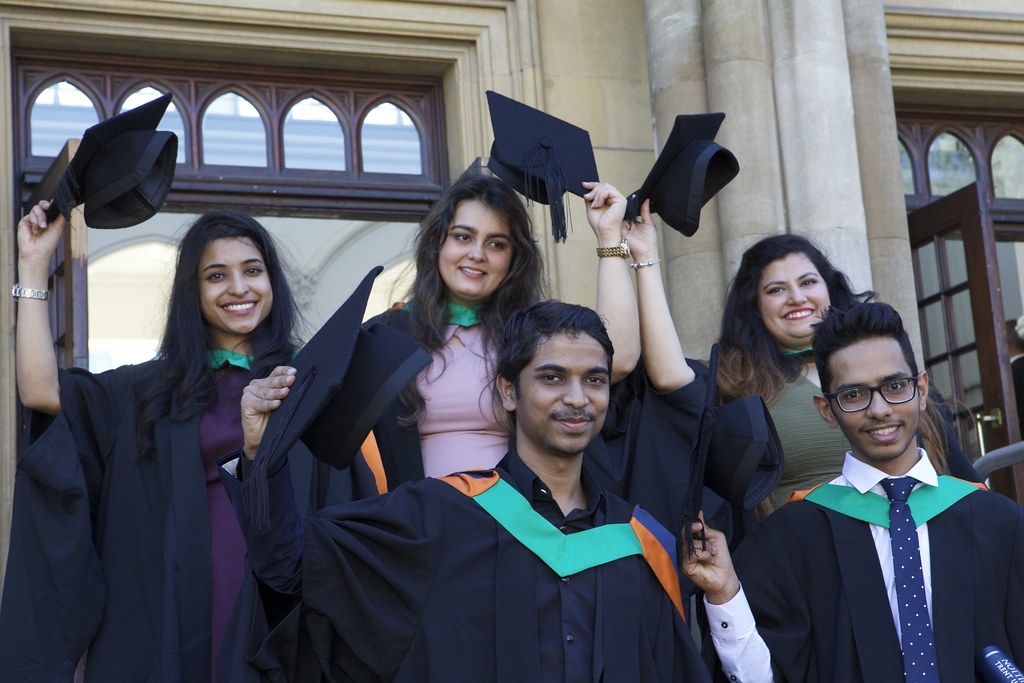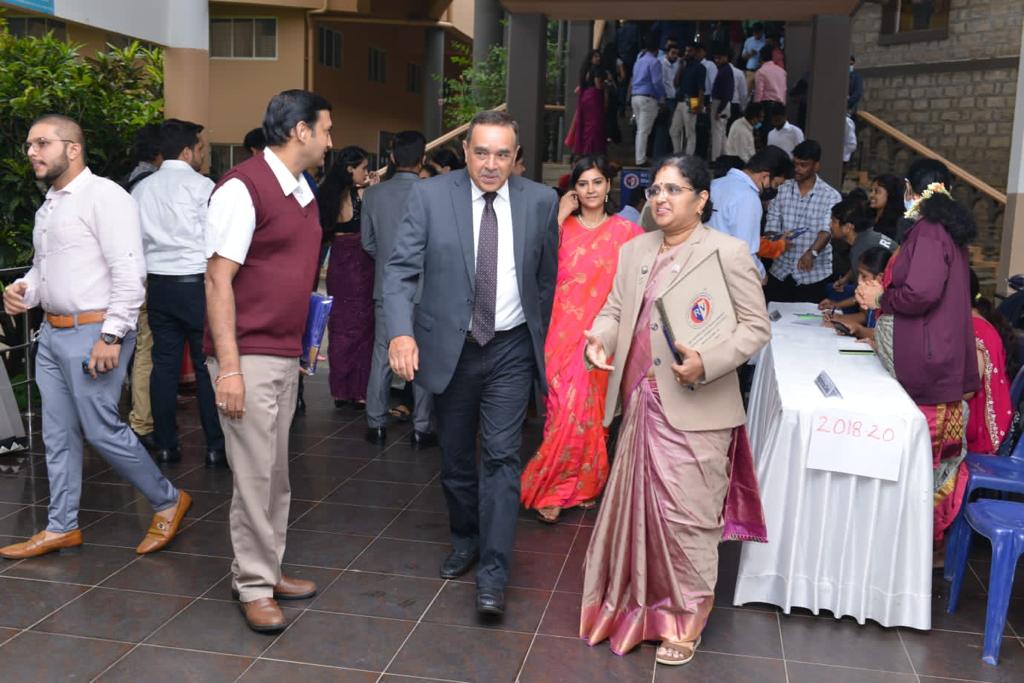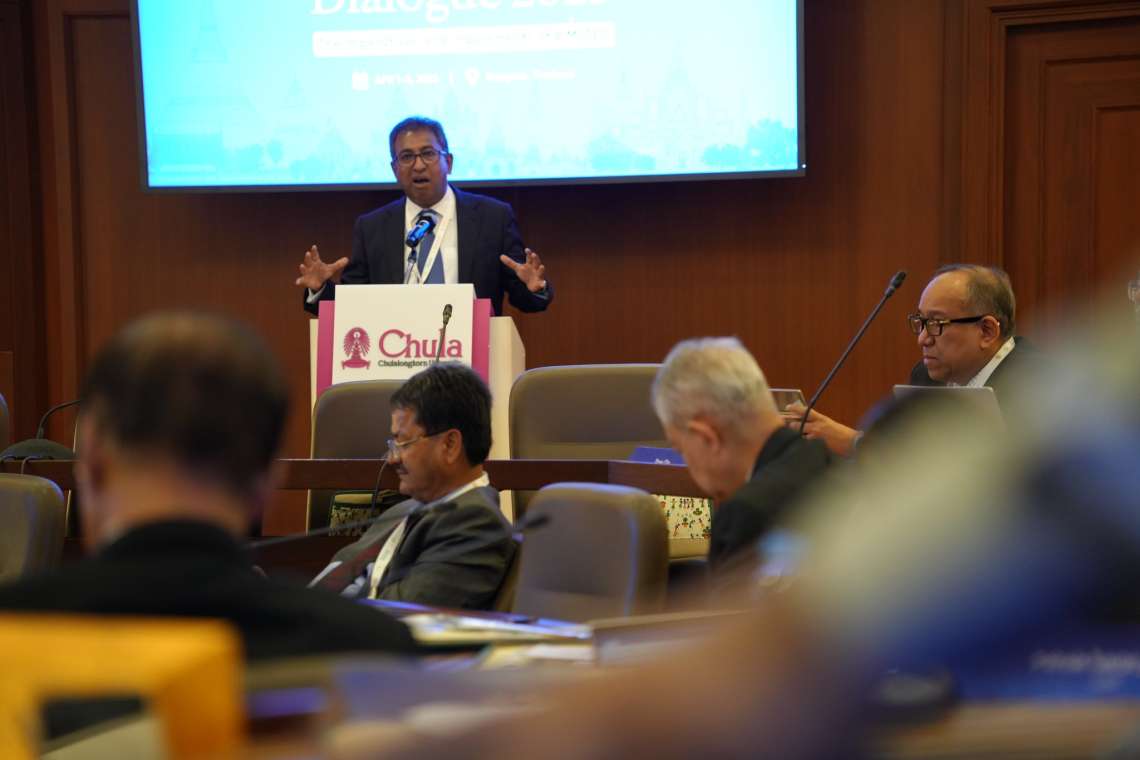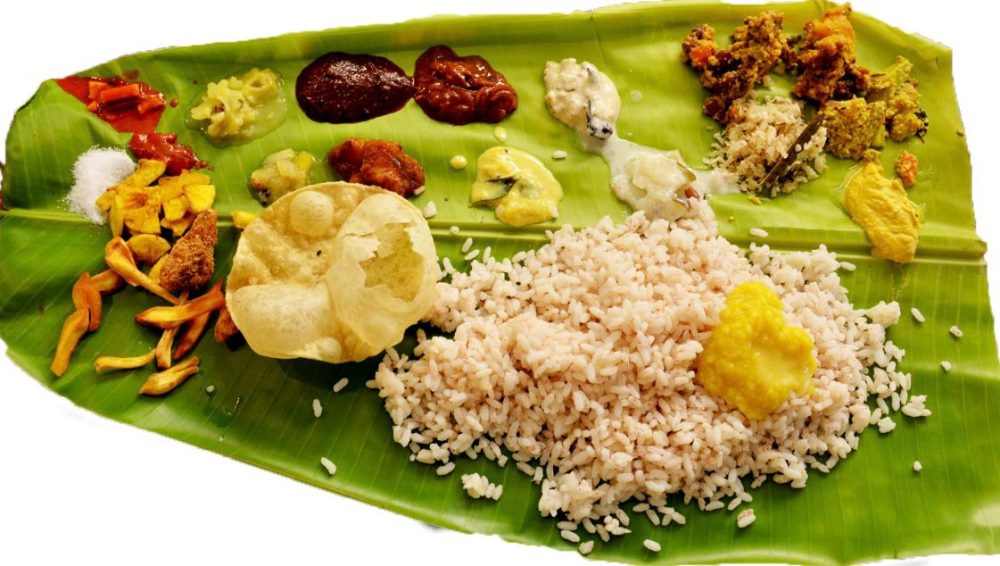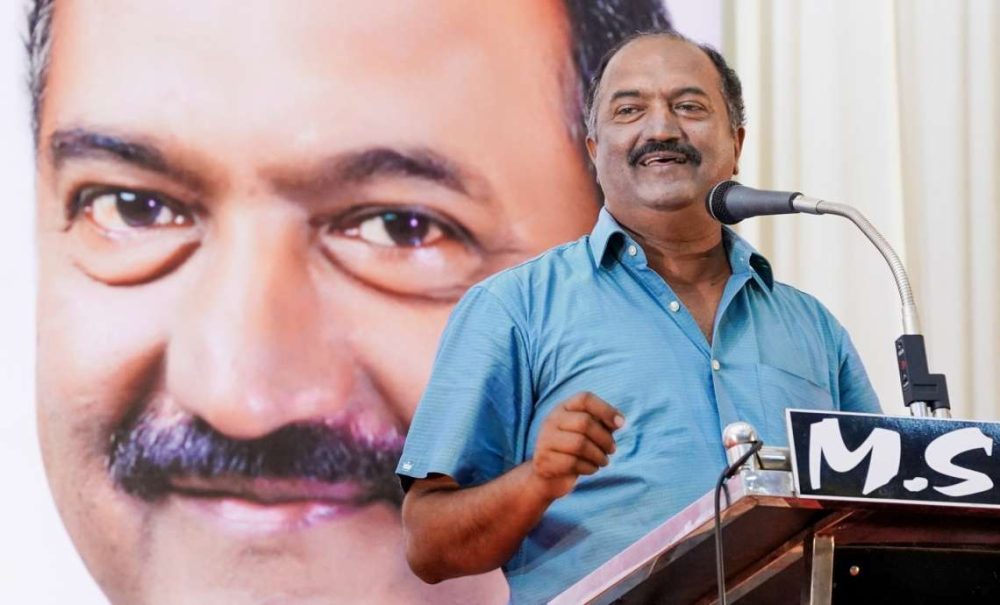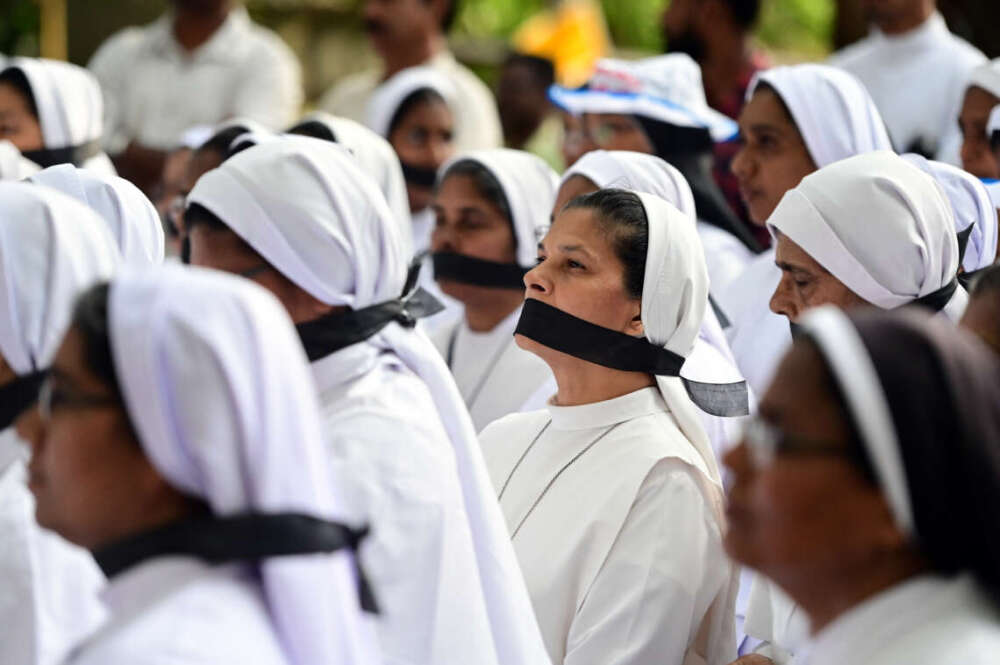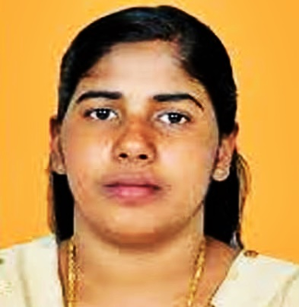Kerala is witnessing a major shift in how women see their roles, with fewer identifying as housewives and more pursuing education and careers…writes Shelja Pallath
The Kerala Sasthra Sahitya Parishad’s latest report, Kerala Study 2.0, reveals a steady decline in the number of women who view marriage as their prime goal. In 2004, 21.5% of girls saw marriage as their priority. By 2019, that number had dropped sharply to just 7.7%. Even within the Muslim community, where the percentage is still highest only 16.4% of girls consider marriage their top aim.
The report shows that more women in the 18–35 age group are choosing to study longer and plan for higher education instead of settling into early domestic life. The number of students and job seekers among women has increased across the board. This signals a move away from the ‘housewifeization’ that had been prominent in Kerala’s society for the past decades.

One of the most important findings is the jump in the Labor Force Participation Rate (LFPR) for women. Between the two survey years 2004 and 2019 this rate rose by 8.2 percentage points. Overall female participation in Kerala now stands at 27.3%, up from 21.2% in 2004. This increase is reflected across all economic groups. Among Muslims, the rate has gone up from 10% to 15.6%, although their participation still remains the lowest.
Meanwhile, the percentage of women calling themselves housewives has dropped from 48.7% to 45.1%, with the largest decrease among the three lowest economic groups. The upper middle class, however, has shown a slight increase in housewives.
Educational achievement among women is another area where strong progress is visible. In 2004, about 12.2% of women had finished graduation or above. By 2019, this rose to 21.3%, even overtaking men, who stood at 18.2%. This suggests the gender gap in higher education is not only narrowing but reversing, especially among today’s youth.
However, when it comes to jobs, men still dominate high-paying roles. Women remain concentrated in fields like teaching, nursing, and care jobs. Even though women are better educated, many end up in low-paying jobs. In some sectors, hiring more women may even be a strategy to cut wage costs.

The report also points out that wage discrimination still exists. Except in government jobs, women are usually paid less than men for the same work. The idea that a man’s salary is for the household and a woman’s is for herself still lingers. But many households today rely heavily on women’s incomes, challenging that outdated belief.
Despite these challenges, the real percapita income for working women has grown faster than for men over the 15 year period, thanks largely to the rise in female employment.
One area of concern is the falling sex ratio among children aged 0–6, with fewer girls recorded in 2019 compared to 2004. Experts believe better survival rates among male infants, due to improved medical care, may be one reason.
Parental expectations also reveal changing mindsets. While 36.8% of parents wanted professional education for their daughters, the number varied sharply by economic class from 13.8% among the very poor to 53.8% among the upper middle class. The study also explored family dynamics. Most respondents said decisions at home are made jointly by men and women. While men still tend to have more say, the trend toward shared decision-making is visible across communities.
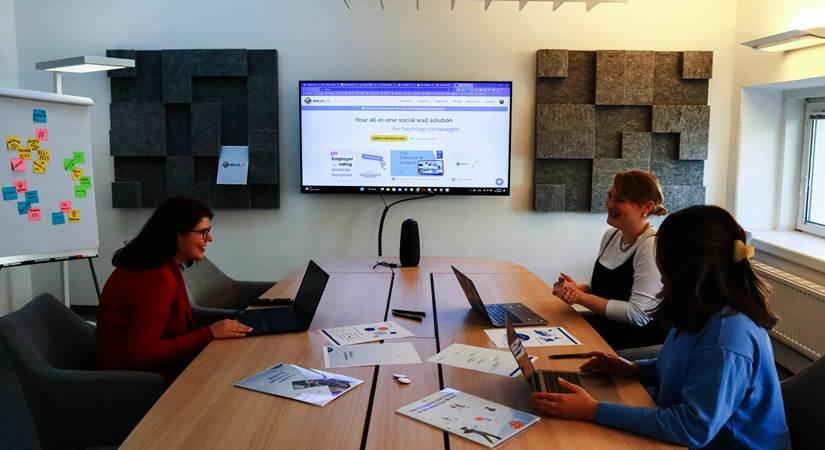
Public opinion around education and safety has also shifted. In 2004, 69% supported co-ed schools. Now, 80.3% do. And when asked about harassment in public spaces, over half blamed men’s attitudes. Still, a slightly larger number than before pointed to women’s clothing as a reason, which the report flagged as a worrying trend.
Overall, Kerala Study 2.0 paints a picture of a society in transition. More women are studying, working, and delaying marriage—signs of a new generation reshaping gender roles in Kerala.




